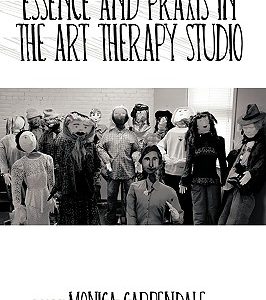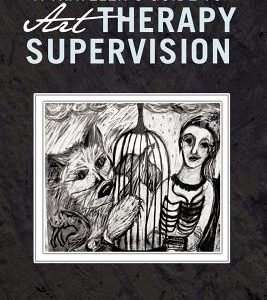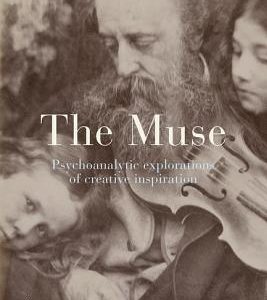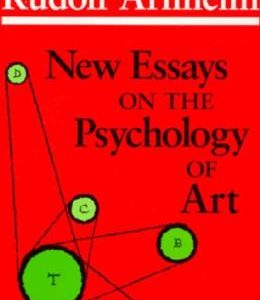Dream Psychology: Psychoanalysis for Beginners
$8.06
Description
Freud believed dreams represented a disguised fulfillment of a repressed wish. He believed that studying dreams provided the easiest road to understanding of the unconscious activities of the mind. His theories state that dreams have two parts: a manifested content, which is the remembered dream after we wake, and a latent content, or the dream that we do not remember which is considered part of the unconscious. He proposed that the latent, or unremembered, dream content is composed of three elements: the sensory impressions during the night of the dream, the residues left from the day before, and the id’s drives that are already part of the dreamer. During sleep, Freud believed that the repression by the super-ego is weakened due to the absence of voluntary motor activity. This creates an increased possibility of subconscious impulses from the id reaching consciousness. According to the idea the Freud proposed, the dream is considered the guardian of sleep. Dreams allow a gratification of certain drives through a visual fantasy, or the manifest content. This reduces the impact of these drives from the id, which might often cause the dreamer to wake in order to fulfill them. In layman’s terms, dreams allow certain needs to be fulfilled without the conscious mind needing to be aware of such fulfillment. However, the manifest content is not comprehensive, because it consists of a distorted version of the latent content. At the beginning of the psychoanalytic movement, Freud and his followers considered dreams to be the main tool of self-analysis, as well as a prominent part of the treatment. Dream understanding and interpretation during that time was influenced heavily by Freud’s drive-conflict theory. The therapy was designed to reveal the latent content of the patient’s repressed sexuality and unconscious mind. To understand the dream, the therapist had to explore the latent content of the dream via the process of free association.
Author: Freud, Sigmund, Translator: Tridon, Andre
Topic: Psychology
Media: Book
ISBN: 1514328437
Language: English
Pages: 172
Additional information
| Weight | 0.52 lbs |
|---|---|
| Dimensions | 9.02 × 5.98 × 0.37 in |















Reviews
There are no reviews yet.